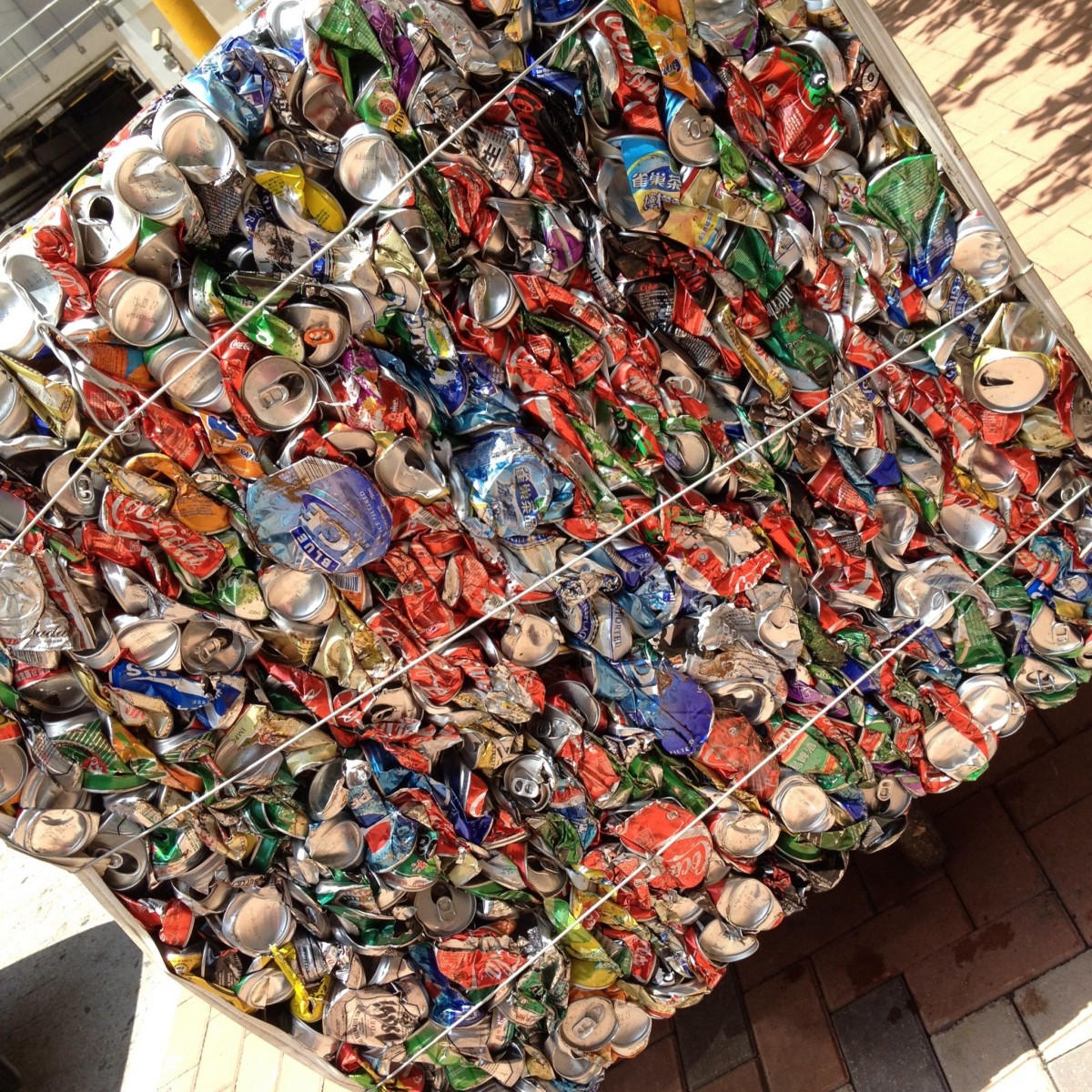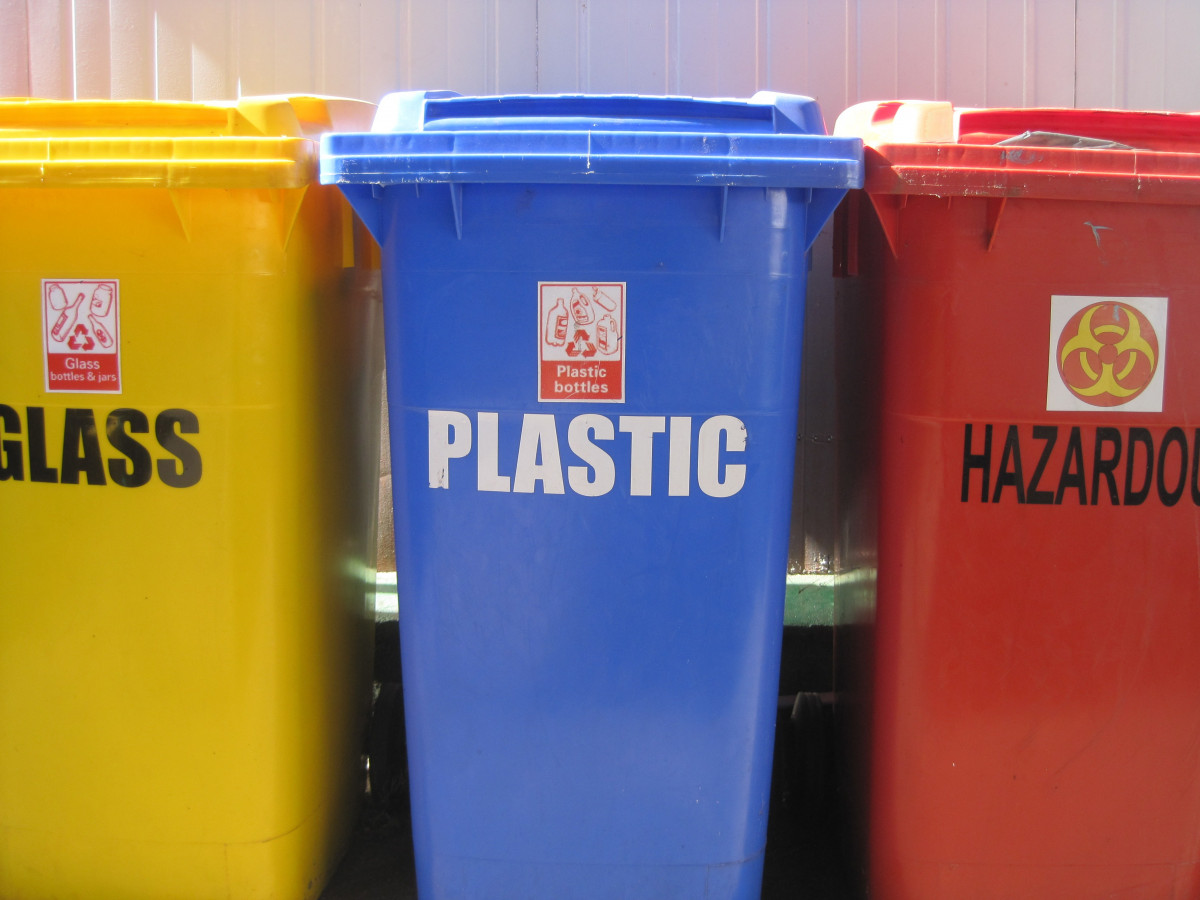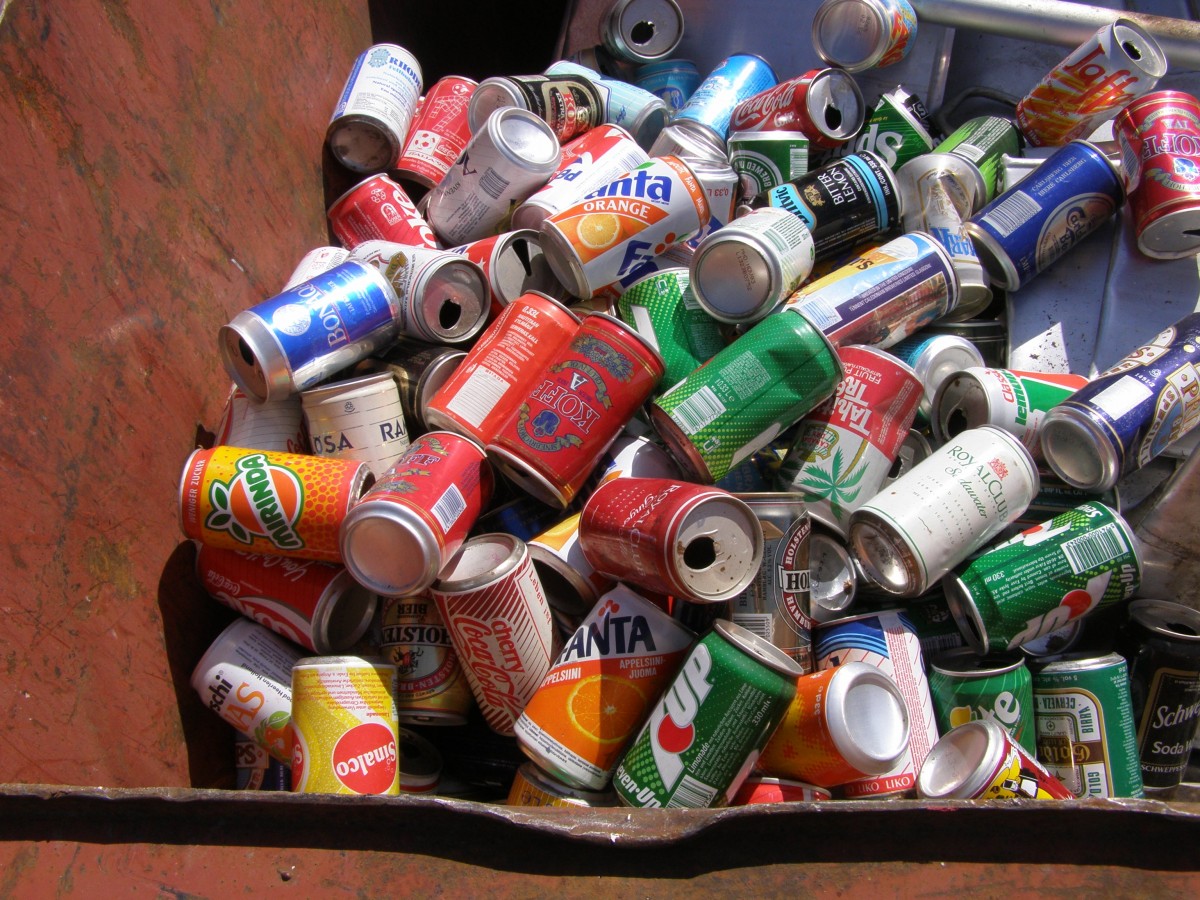Summary
– Can Manufacturing
– Recycling to reduce environmental impact
– How to Recycle Cans
Cans are hermetically sealed metal containers that can be used to store all kinds of prepared foods and vegetables at room temperature. Very practical in everyday life, it is essential to recycle them. Is it necessary to clean them before throwing them away? In this post, we look closely at how they are recycled.
How cans are made

The tin can was invented at the beginning of the 20th century to meet the needs of the navy and the army, and then it gradually penetrated civilian homes:
– By the 1950s, it was used worldwide by the food industry to preserve meat, fish, vegetables, fruit, ready meals, dairy products, and animal feed.
– Today, it is one of the emblems of consumer society.
The cans are made of a single material which can be steel or aluminum.
These metals are 100% recyclable without losing their properties over time and recycling, which is an excellent thing for the environment. Indeed, using recycled metal for manufacturing new cans reduces the extraction of ore, which means a reduction in CO2 emissions.
Recycling: reducing environmental impact
Advances in the metallurgical industry have made it possible to reduce the thickness of cans by 20 to 30%:
– These cans have become lighter and more economical regarding raw materials and energy.
– The evolution of their shape has also made them more compact and stackable, increasing the storage capacity of the cans in the containers.
– These different factors help reduce the impact on the environment.
How to recycle cans?

Today, steel and aluminum are increasingly better sorted and recycled:
– In the sorting center, a magnet separates steel waste from other waste and aluminum by a magnetic current.
– The aluminum and steel are then compacted, crushed, and heated until they are melted down to make new objects.
Contrary to popular belief, it is not necessary to clean cans when they are thrown away.
The most important thing is to sort the cans in our different garbage boxes!
Read more:
- What is ecology?
- What Plastics Can Be Recycled?
- Paper Recycling: How Is It Done?
- How Can I Contribute to Bulb Recycling?
- Cardboard Recycling: What Is It All About
- The Environment and Factors Affecting it
- The three core environmental protection efforts
- Eco-friendly Construction – Advantages of Green Building
- How to Get USDA Organic Certification
- FAQs about Cooking Oil Recycling
- FAQs about Composting
- 7 Easy Ways to Reduce Ocean Plastic Pollution
- 5 Ways to Convert Excrement into Environmentally-Friendly Use
- Why are Bees Important to our Planet
- A Guide to Using Plastic Containers
- What is Inert Waste
- Why Go “Zero Waste”
- How To Conserve Resources And Save Our Planet
- A Regrettable Reality: Ecological Crime Mafias
- Air Conditioning and Ecology: An Overview of the Different Air Conditioning Gases
- Energy Saving – How does it work?
- Are Air-Purifying Plants Effective?
- Air Conditioning and Ecology: What Impact on the Environment?
- What Is a Bioclimatic House?
- What Are the Risks Associated with Excess or Lack of Relative Humidity?
- What Are the Procedures for HQE Certifications?
- How Do You Make Good Compost
- Vermicomposting: Raising Worms to Compost Your Waste
———-
- Ecologist Until Death? Choose the Cardboard Casket for Your Funeral!
- How is Glass Recycling Done?
- Why Is Car Battery Recycling So Important?
- Save Our Planet: Recycle Your Cooking Oil!
- What Do Recycling Symbols Mean?
- Advantages and limitations of Cardboard Caskets
- What Is Economical and Ecological Heating?
- The Causes of Humidity and Its Consequences on Our Health
- How Do You Recognize an Eco-Constructor?
- Environmental Aspects of Ecological Renovation
- Environmental and Economical Heating Towards Sustainable Development
- What Is an Energy-Saving House?
- Read This Before Considering Renewable Energy At Home!
- How Compost Is Ecological and Good for Your Garden
- Composting: Simple and Natural Way to Save Our Planet
- 7 Basic Eco-Gestures on Vacation
- 5 Ways to Limit Your Ecological Footprint on Vacation

Greetings! Very helpful advice on this article! It is the little changes that make the biggest changes. Thanks a lot for sharing!